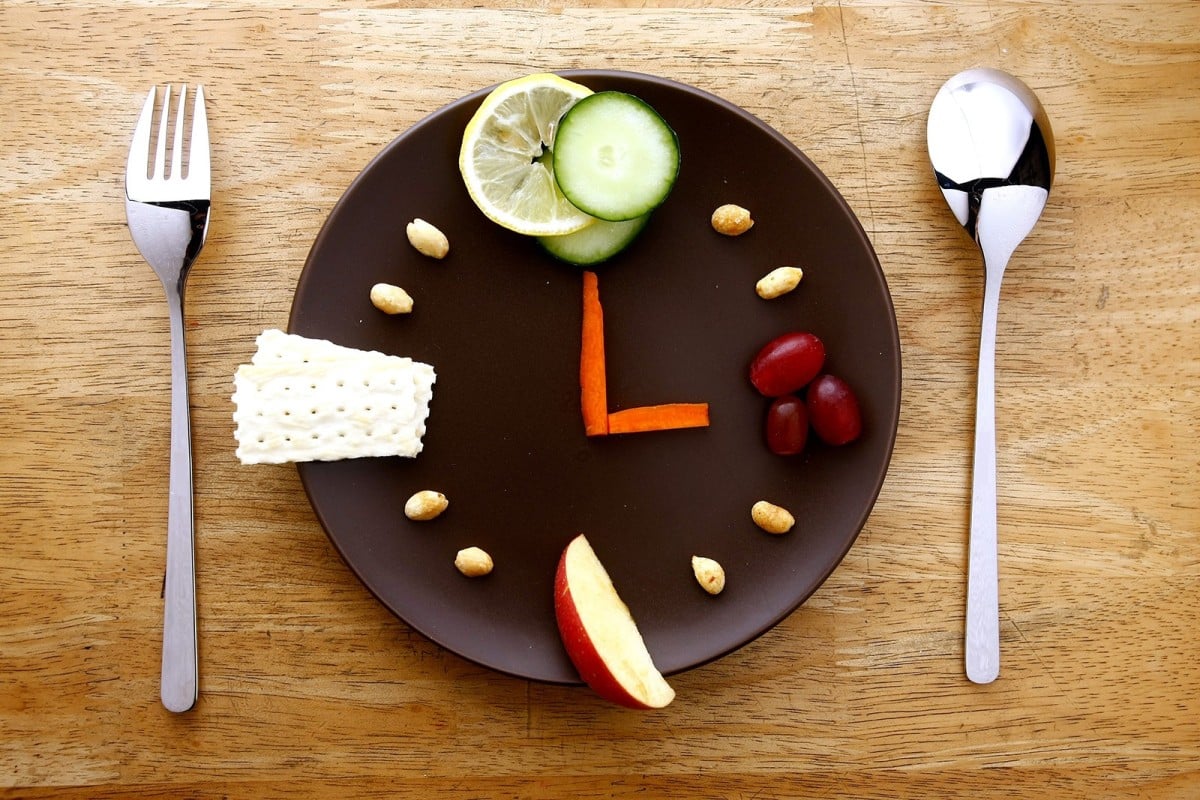
The ‘Planetary Health Diet’ could save up to 11.6 million lives per year and help the planet meet the goals of the 2015 Paris Agreement
 Global consumption of fruits, vegetables, nuts, and legumes will have to double.
Global consumption of fruits, vegetables, nuts, and legumes will have to double.If we continue to eat the way we do, we are doomed to “exacerbate risks to people and planet”. At least, that’s what one recent major study published in medical journal The Lancet said.
Don’t panic, though – there’s a way to reverse what we’re doing. To save our planet, the study suggests we cut in half the amount of sugar and red meat we eat, and double the amount of vegetables, fruits, and nuts. If we do this, then we could stop up to 11.6 million deaths per year, without hurting our home.
Where the research comes from
The new research comes from a group of 37 scientists from around the world.
According to EATforum.org – a non-profit group trying to transform the way we eat – our diets “are a major source of greenhouse gas emissions”. They are the main user of fresh water. They decrease the variety of life in any habitat, and they play a part in eutrophication. Unhealthy diets are, they say, also “the leading risk factor for disease worldwide, causing rapidly growing rates of diseases such as diabetes, heart disease, and cancers”.
The solution seems simple: a healthy diet for everyone in the world. The problem is, no one can agree on what a healthy diet should look like, or how it could sustain the way we live.
That’s where the 37 scientists come in.
The researchers used the “best available evidence” to come up with what they’re calling the “planetary health diet”. “To have any chance of feeding 10 billion people in 2050, we must adopt a healthy diet, slash food waste, and invest in technology that reduces environmental impact,” study co-author Johan Rockstrom of the Potsdam Institute for Climate Change Impact Research said.
According to researchers, the Earth can only handle up to 10 billion people. And, without everyone taking up the diet, the planet may not be able to meet the goals of the 2015 Paris Climate Agreement – to fight climate change.
What you need to know about the new diet
The planetary diet, or the flexitarian diet as it is also known as, doesn’t mean you’ll have to get rid of all the meat, sugar, and dairy in your life. “If we were just minimising greenhouse gases we’d say everyone be vegan,” researcher Walter Willet said. But according to him, a vegan diet (no animal products at all – e.g. eggs, dairy, honey) wasn’t necessarily the healthiest option.
For meat-lovers, though, this will still mean making significant adjustments and relying on nuts and legumes for protein instead. Basically, Willet said, “global consumption of fruits, vegetables, nuts, and legumes will have to double, and consumption of foods such as red meat and sugar will have to be reduced by more than 50 per cent”.
Eating bugs: the solution to reducing food waste and promoting sustainable living in HK
Sugar, which has no nutritional value, has a negative effect on the body’s metabolism – the ability to change food into energy. High amounts of added sugars, especially in drinks, have also been linked with weight gain, diabetes, and heart problems.
According to the study, the meal plan is meant for people over the age of two. Researchers recommend people consume 2,500 calories per day on the diet.
What the diet looks like
Here’s what a day on the diet might allow:
- Red meat (beef, lamb, pork): 14g
- Chicken: 29g
- Fish: 28g
- Whole grains: 232g
- Starchy vegetables: 50g
- Dairy: 250g
- Eggs: 13g
- Vegetables: 300g
- Fruits: 200g
- Legumes: 75g
- Sugar: 31g
- Oils: 50g
A guide to the impact of cow's milk, almond milk, and soy milk on your health and the environment
Up to 11.6 million premature deaths could be avoided every year, as researchers believe the diet will reduce chronic diseases like heart disease, diabetes, and strokes.
We could also prevent major environmental issues by making as little impact as possible on the planet (not using land for cows to graze on, for instance) and following the targets of the Paris Agreement (to keep the increase in global average temperature below 2 degrees Celsius above pre-industrial levels).
“It is doable but it will take nothing less than global agricultural revolution,” said Rockstrom.